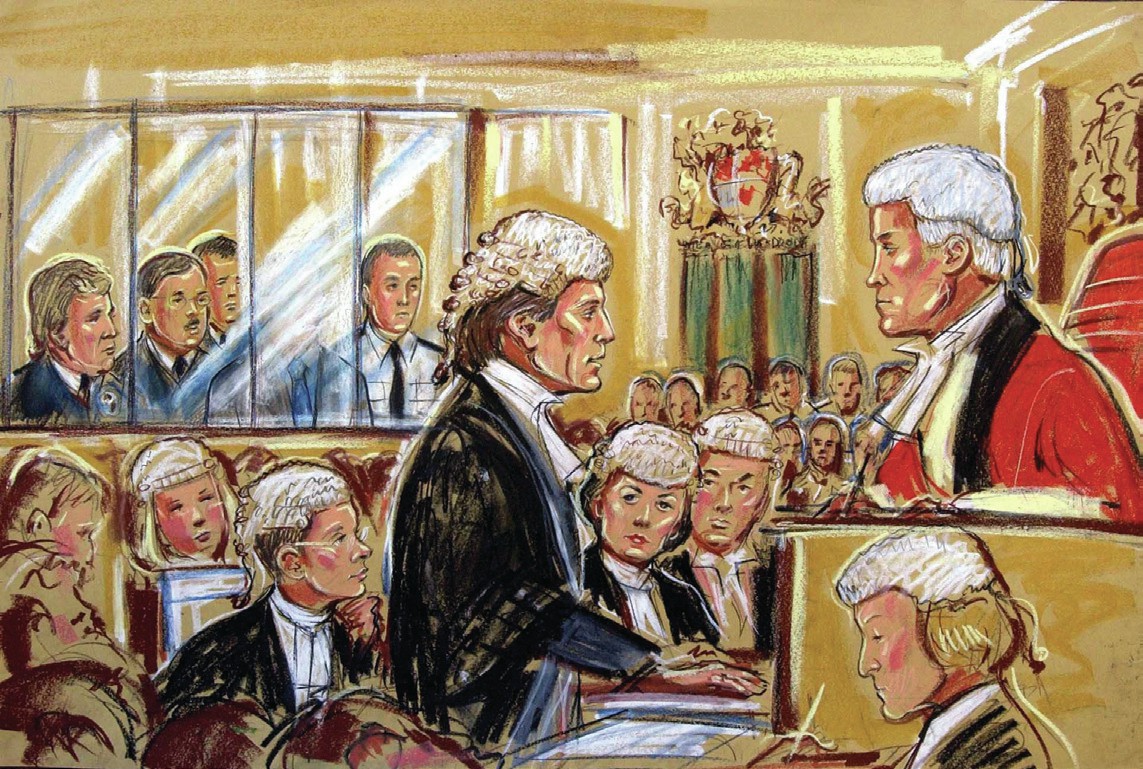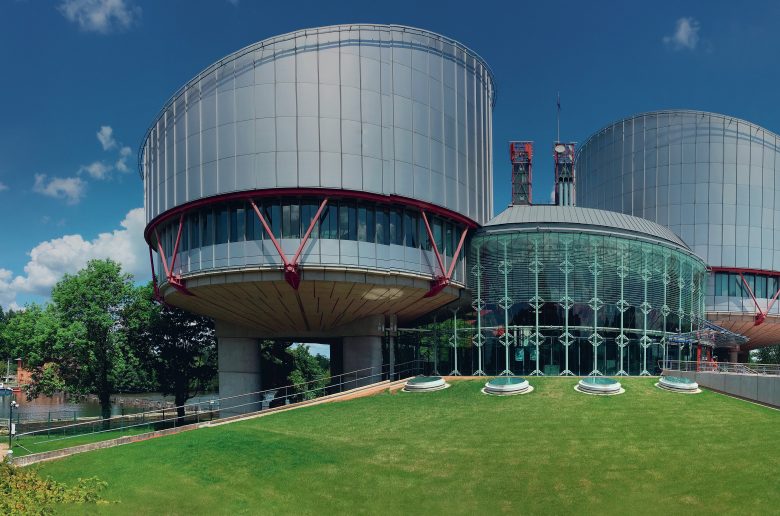
Lord Devlin famously said: ‘Every jury is a little Parliament.’ By this he meant that the jury system is a democratic institution that gives ordinary people a voice in the administration of justice. But if it is to retain public confidence it is important that all sections of society participate in the process. Given that the jury is the only form of compulsory civic duty, does it in practice reflect the society in which we live?
Until 1972 juries were selected on the basis of a property qualification, which resulted in juries being ‘predominantly male, middle-aged, middle-minded and middle-class’ (Devlin). This resulted in millions of people being excluded, including most women and anyone who did not own or rent their own home or pay rates (council tax) above a certain level. This obvious unfairness was contrary to the idea that jurors should be broadly representative of the community in terms of age, gender, ethnicity and occupational backgrounds, and led to growing calls for reform. As a result, following the recommendations of the Morris Committee, juries have been randomly selected from the electoral register since 1972.
Your organisation does not have access to this article.
Sign up today to give your students the edge they need to achieve their best grades with subject expertise
Subscribe




